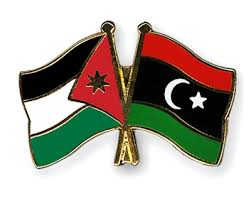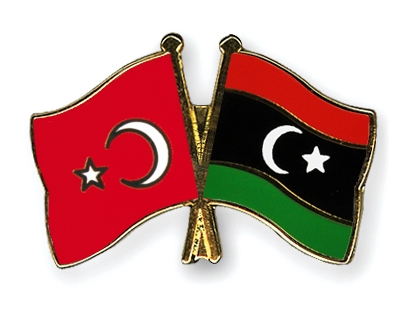By Libya Herald staff.
Benghazi, 28 August 2014:
The Libyan House of a Representatives has issued the names of five people who are . . .[restrict]on its shortlist for post of Prime Minister. Heading the list is the current caretaker incumbent, Abdullah Al-Thinni.
” There are five names under discussion,” Benghazi Member of Parliament Aisa Al-Araibi told the Libya Herald – “Abdullah Al-Thinni, Ashur Shuwail, Omar Abassi, Ali Al-Tikbali and Aref Al-Nayed” he specified.
Thinni was appointed by the former General National Congress (GNC) to replace tAli Zeidan last March having been Defence Minister in Zeidan’s cabinet, a post he still hold. His government has been accused by its detractors of weakness in solving the country’s problems but he has managed to stand up to and outwit those, including the Muslim Brotherhood and others in Congress, who tried to get rid of him.
Ashur Shwuail, whose background is in the police force, served as Interior Minister in Zeidan’s government before resigning. He has also taken a hard line against Islamists. It is reported that, as Interior Minister, he wanted to take military action against them but was prevented by Zeidan who preferred dialogue. He is from Beida. Many Libyans are said to supporting him. He also has a PhD in law.
Omar Al-Habbasi is a lawyer, civil society activist and blogger.
Ali Al-Tikbali is currently a member of parliament for Tripoli. He is also notable as a civil society activist and makes not attempt to hide his opposition to the Islamists.
Aref Al-Nayed, the Libyan ambassador in the UAE and the chairman of Ahli Benghazi football club, is also a Islamic theologian but part of the mainstream opposed to the more militant and radical line taken by the present Grand Mufti, Sheikh Saik Al-Ghariani. There are those who say that he did more than any other single person at the beginning of the revolution to ensure it gained international support – political and financial – by organising funding and getting the National Transitional Council members to meet with foreign governments.
Meanwhile, it is reported in Tripoli, that Omar Hassi, who was “appointed” prime minister by Nuri Abu Sahmain, has now selected seven ministers to serve in his government.
All, including Abu Sahmain, are likely to find themselves subject to international sanctions.
Abu Sahmain insists that he is still in charge of the country and that the General National Congress which he headed is still functioning. [/restrict]









